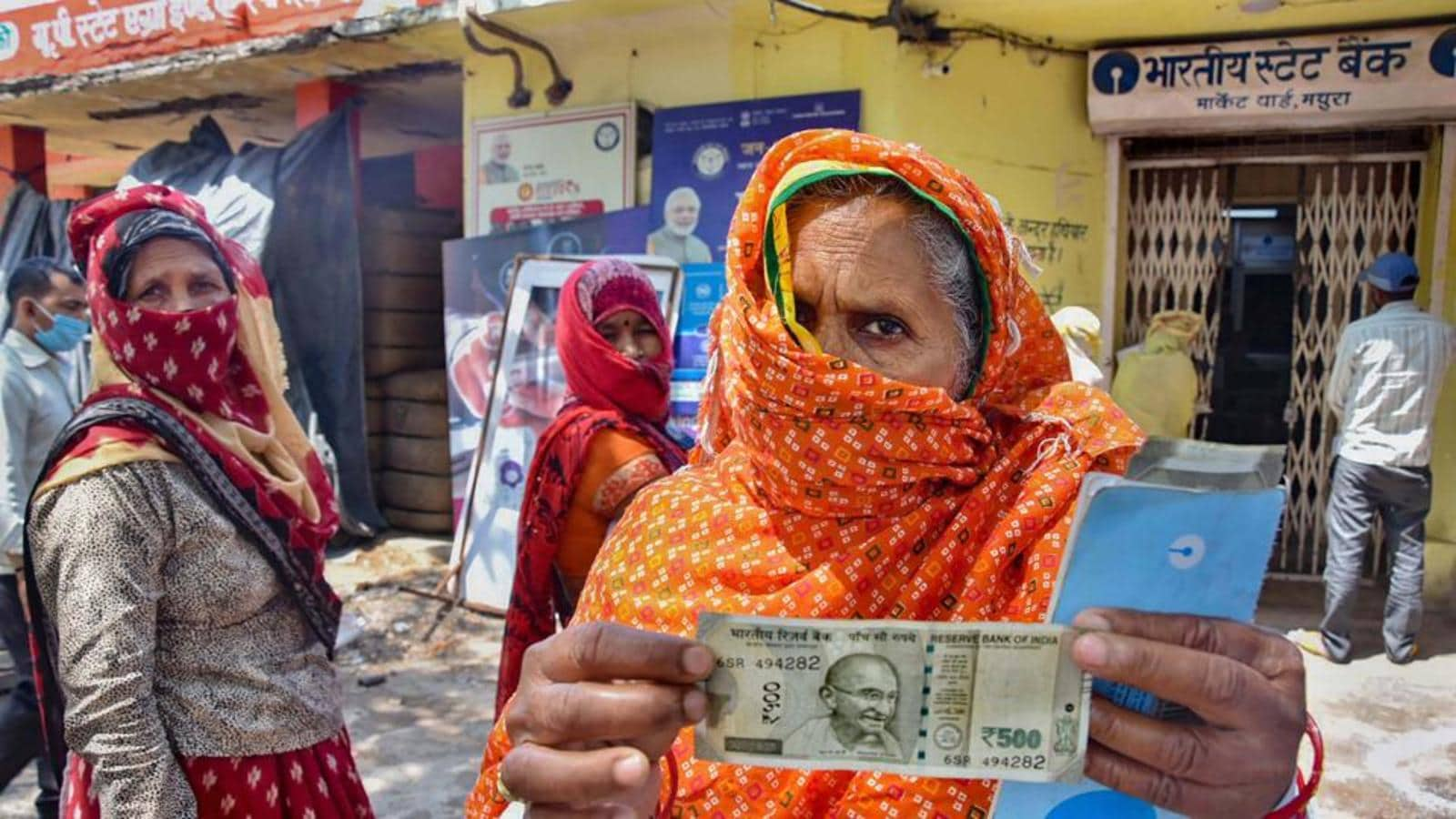
Report to Analyse the Zero Draft of the ‘Legally Binding Instrument To Regulate, In International Human Rights Law, The Activities Of Transnational Corporations And Other Business Enterprises’
Shaping India’s position in international negotiations at the United Nations on a legally binding instrument on business and human rights.
Transnational Corporations (TNCs) have an impact not only on the domestic and global economy but on human rights. The positive impacts of TNCs is reflected through employment opportunities, wages, revenue generation for governments (through taxes) etc. However, TNCs have been known to have adverse impact on human rights such as – poor working conditions for workers, denial of minimum wages, pollution of environment, discrimination against women and people with disabilities, etc.
In 2013, Ecuador began canvassing the idea that the United Nations should consider drafting a treaty on business and human rights which was also in line with the demands of civil society critiques of the United Nations Guiding Principles on Business and Human Rights (UNGPs). The United National Human Rights Council in its twenty-sixth session dated 14 July 2014 adopted Resolution 26/9 for elaboration of an international legally binding instrument (LBI) on transnational corporations and other business enterprises (OBEs) with respect to human rights. India voted in favour of the said resolution. The 26/9 Resolution also set up an Open-Ended Intergovernmental Working Group (OEIGWG) to work on the legally binding instrument.Vidhi was engaged by Ministry of Corporate Affairs (MCA) to review the Zero Draft of a ‘Legally Binding Instrument To Regulate, In International Human Rights Law, The Activities Of Transnational Corporations And Other Business Enterprises’ dated 16 July 2018 (Zero Draft). The Zero Draft served as the basis for negotiations during the fourth session of OEIGWG. Based on an extensive legal analysis of the Zero Draft and consultation with the MCA and Indian Institute of Corporate Affairs, Vidhi prepared a report which identified key issues and challenges with the provisions of the LBI, set out the legal framework in India and international framework to provide context for the issues discussed in the report and suggested necessary legal changes. The report was relied on by the MCA and the Ministry of External Affairs in presenting India’s position during the negotiations of the LBI at the fourth session of the United Nations OEIGWG at Geneva.





